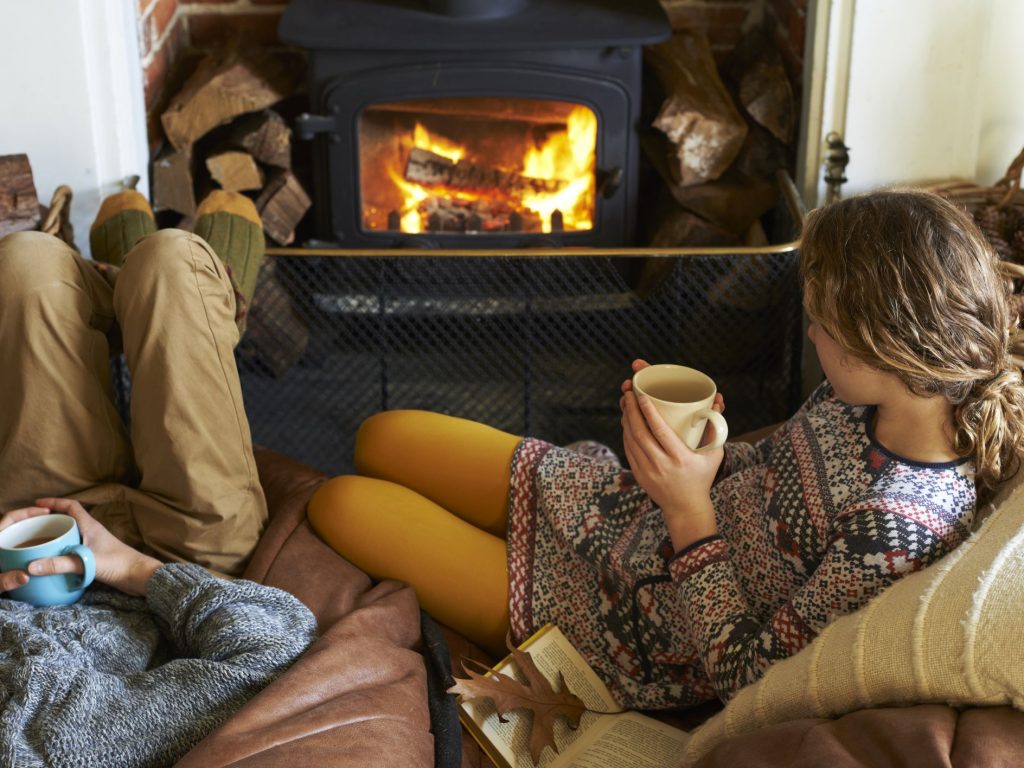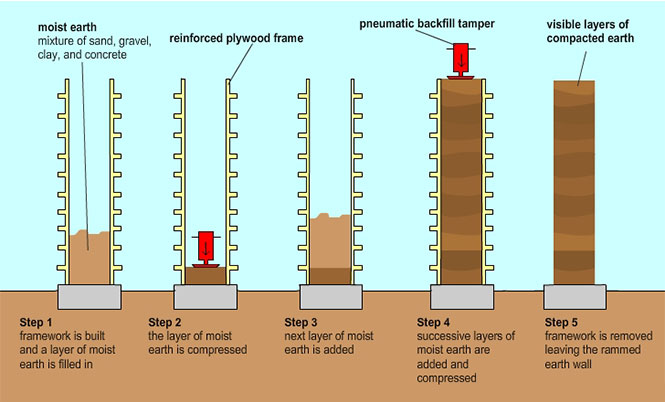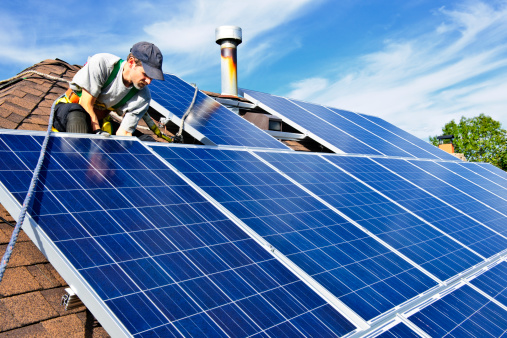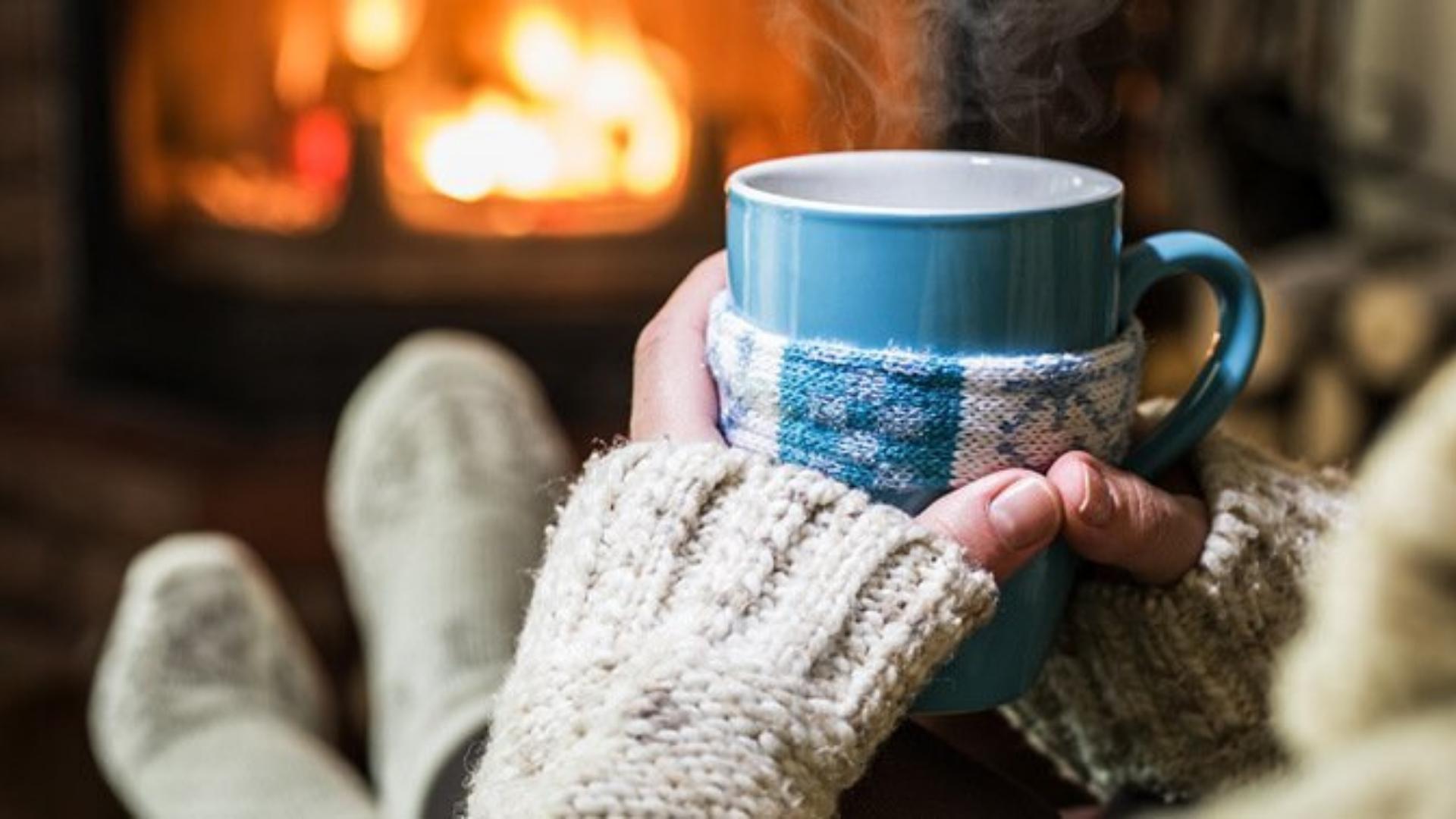By Spyros Schismenos, Humanitarian Engineer*
Australia is getting cold – perhaps a lot colder than usual and this forces most of us to turn on our heaters for many hours. Meanwhile, electricity bills are getting more and more expensive as energy price rates are going up and the government warns that blackouts are inevitable. By default, the first thing we do when it’s cold (besides wearing more clothes) is to use our heating appliances.
But how can we stay warm without spending a fortune? Have you ever wondered how do people who live in colder climates deal with the cold, especially when there is no or very limited access to main power grids?
The first answer that comes to mind is burning firewood. This method has been used since the beginning of mankind and is used by many communities worldwide. However, burning wood produces smoke and fumes which can be dangerous or even lethal to sensitive groups, such as older adults and people with respiratory conditions. Every year, residential fires in the US alone, are the cause of about 3000 fatalities. I wouldn’t recommend this method as we usually don’t have the appropriate space and skills required to burn wood indoors.

A simple, yet effective solution my Greek grandfather taught me is to seal all cracks around doors and windows and to close the doors of all rooms that aren’t being used. This is a low-cost technique that will prevent cold air from entering our home and keep the heat in the room we’re in. This is particularly useful for people living in high altitudes and old buildings.
If you are building a new house or considering modifications, you may want to use rammed earth. Insulated rammed earth increases thermal mass and resistance. This means that the heat can stay within the interior and there’s no need to use other methods for extra heating.
Rammed earth constructions can be found in many countries, including Australia, particularly in areas where winters are cold. When choosing rammed earth material, appropriate ventilation is very important, therefore this option should be first discussed with construction professionals.

In remote communities with energy insufficiency, rammed earth constructions can be lifesaving. Local residents in Korzok village in the Indian Himalayas build their residencies with this material to deal with temperatures that can be as low as -40oC. The village is located near the Tso Moriri Lake at an altitude of approximately 4,590 meters above sea level. This is about 1.5 times the height of Mount Olympus in Greece. The community is off-grid and has no main energy sources. Rammed earth keeps their homes warm enough and there is no need to burn firewood or use diesel-powered generators.

Another solution that is used by communities around the world is solar panels. The panels generate energy from the sun which is then stored in batteries for later use. Solar panels are a popular localised energy system in Australia and Greece and despite their potentially high installation cost, they can help with reducing electricity bills in the long term.
I’d be very interested to know how you are keeping warm during cold winters without using electricity. Regardless of your preferred method, it is always important to follow the government’s guide on how to stay warm and safe this winter, and always seek assistance if you don’t have the resources to support yourselves and your loved ones.
*Spyros Schismenos is a Humanitarian Engineer at Western Sydney University. Keep in touch with Spyro on LinkedIn, Facebook or Twitter.

